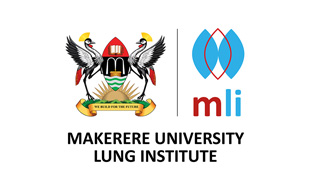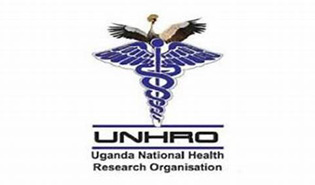- Home
- What We Do
What We Do
- Home
- What We Do
What We Do
Epidemics Centered Research and Training
The Interdisciplinary Consortium for Epidemics Research (ICER) is a proposed consortium aimed at addressing the lack of coordinated clinical research infrastructure in low- and middle-income countries, which hinders the development of effective interventions for epidemic-prone infections.
Our Approach
- ICER engages with Governments of epidemic prone countries and other funding agencies to contribute to a pool of an epidemics research fund. Through a transparent peer reviewed call for proposal ICER will fund research institutions, groups to conduct epidemics research.
- Creation of a network of networks to develop epidemics research capacity in epidemic prone countries by offering non degree research training, higher degrees and fellowships and facilitate creation of epidemics research groups and centers in epidemic prone countries
- Coordinate efforts for sharing epidemics research evidence and funding opportunities.



Research Approaches
1. Pre-Outbreak and Inter-Epidemic Activities
- Develop a framework for strategic partnerships with Government institutions, academia, and private sector entities in Uganda.
- Engage with social scientists to complement the proposed clinical research before and during outbreaks. This will provide an entry for community participation especially for trials for therapeutic interventions.
- Initiate a rapid assessment of institutional capacities for pathogen detection and characterization.
- Determine national-level capacities for genomic surveillance to establish disease trajectories with respect to sources and sinks, and the emergence of variants.
- Assess active disease surveillance capabilities within national institutions.
- Review available countermeasures and prioritize interventions for clinical assessment for safety and efficacy.
- Develop platforms for dissemination of scientific findings on epidemics to policymakers and the general public during emergency disease outbreaks that utilize professional networks, social networks, and public access mechanisms.
- Develop a framework for fast-tracking development, approval, and implementation of research protocols on epidemics.
- Develop and implement a framework for the collection of critical data along with security protocols, and institute a centralized database with stratified access by collaborating institutions.
2. Intra-Epidemic and Outbreak Activities
- Develop information packages to inform communities about the necessity for research to provide evidence for outbreak mitigation.
- Implement appropriate social sciences research to inform appropriate sociocultural sensitive engagements with communities.
- Strengthen supply chains and logistics to optimize research activities.
- Sensitize ethics review committees and regulators to the importance of expedited protocol review. This may be achieved by extending an invitation to serve as members of ICER to the concerned.
- Seek and implement community engagement and response before and during the initiation of research activities.
- Collect samples to support future target identification for new therapeutics, vaccines, and diagnostics.
- Implement ongoing bio-specimen repositories with well curated information to promote and enable future use of data.








